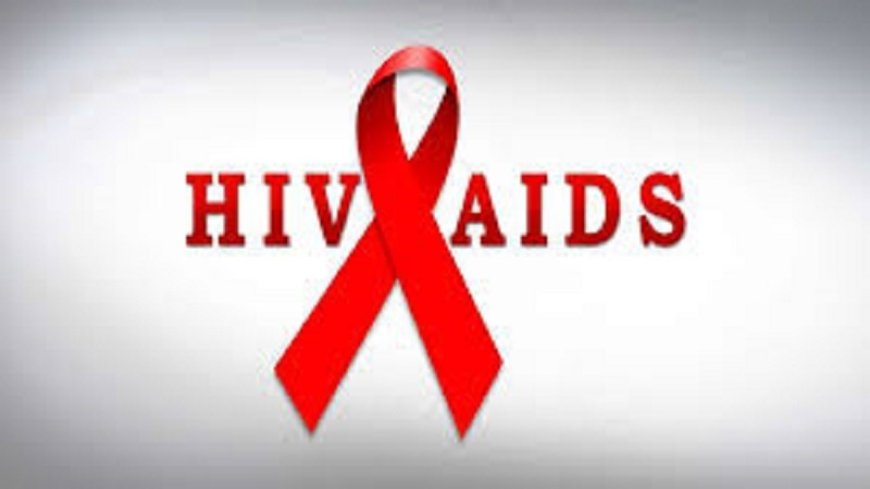UNAIDS hopes to eradicate AIDS by 2030
The United Nations has announced that it is possible to completely end AIDS by 2030, only if local social organizations and people on the front lines to fight the disease are supported and empowered.

The United Nations Organization to fight AIDS, UNAIDS, has said in its annual report on World AIDS Day that the efforts of social organizations in the grassroots are not recognized, and that they are given little funding and even sometimes those people are attacked. The report states that, although the world has not yet completely eradicated AIDS as a public health threat, there is hope that it will be achieved. The United Nations for the first time set a goal in 2015 to eliminate AIDS as a public health threat by 2030. Currently, there are 39 million people living with HIV worldwide, the virus that causes AIDS. Of these, 20.8 million are in eastern and southern Africa while another 6.5 million are in Asia and the Pacific. Winnie Byanyima, Executive Director of UNAIDS However, out of 39 million patients, 9.2 million do not have antiretroviral drugs. The dangerous disease has killed 40.4 million people since the beginning of the epidemic in 1981. "The statistics in this report show that the way to end AIDS is not a secret, but a choice. It is a political and financial choice," said Winnie Byanyima, executive director of the United Nations Organization against AIDS (UNAIDS). This is happening in a situation where, last year (2022), the United Nations Organization to fight AIDS (UNAIDS) announced that a new study published in the Netherlands has shown the existence of a new species of AIDS virus which, despite its rapid spread, is also harmful more.













































